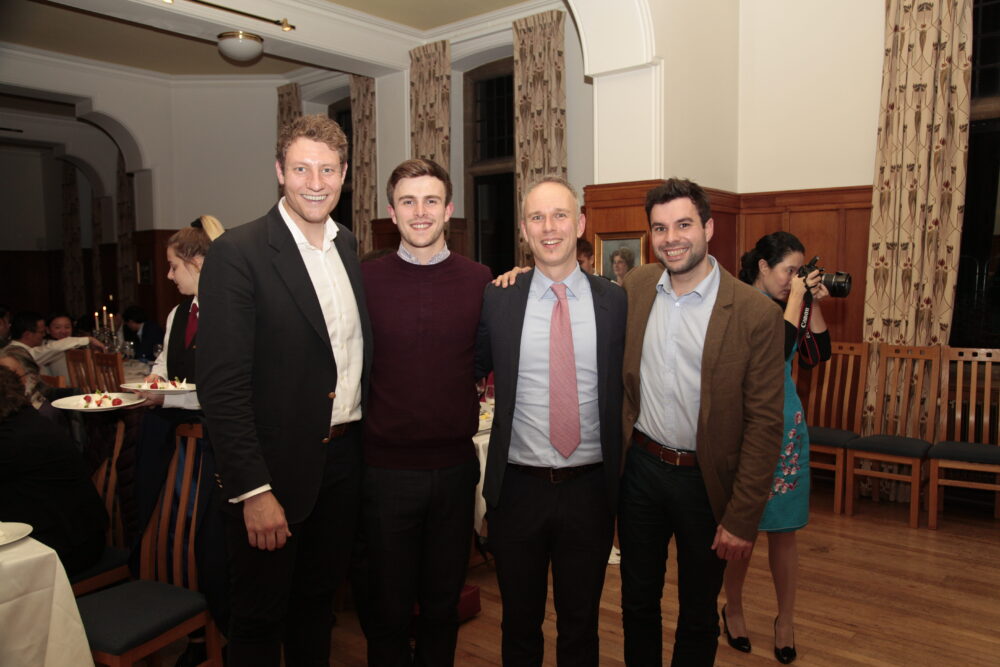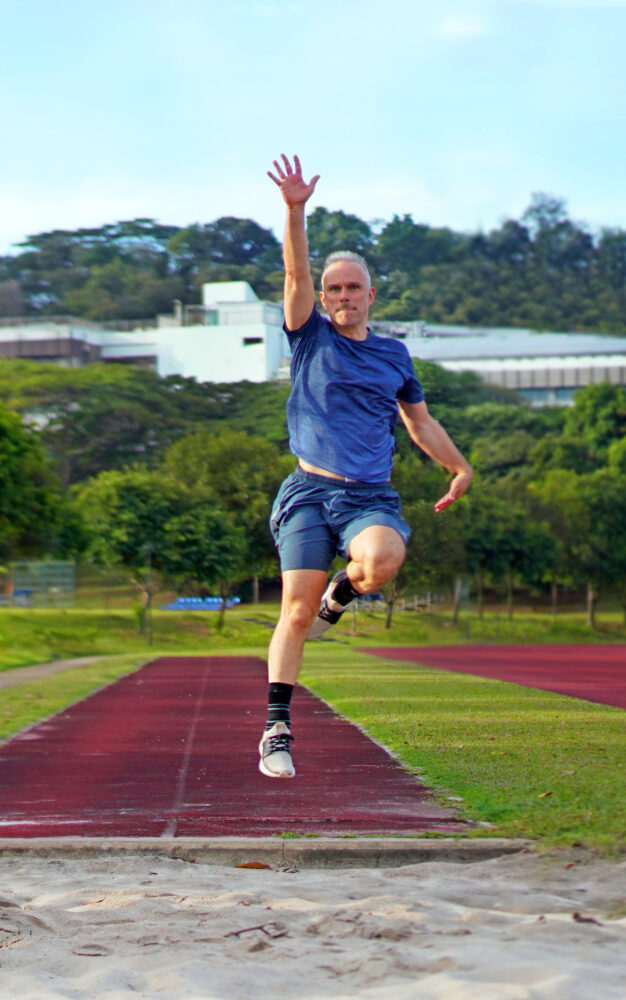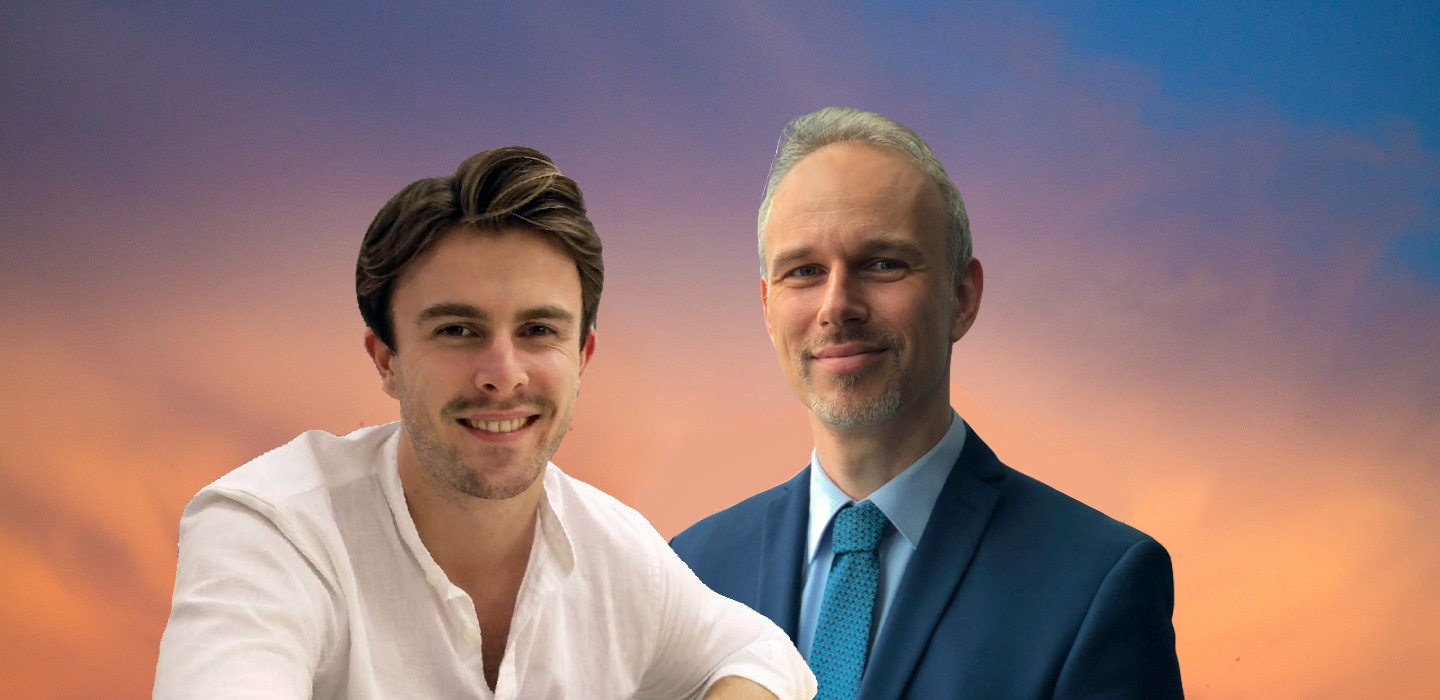Teachers shape lives. This is even more so for those who teach PhD students, many of whom will graduate to become professors and shape the next generation of leaders. This story on PhD student Jack McGuire and his supervisor Professor David De Cremer, is part of a Teachers’ Day series.
Jack McGuire was a research assistant at the University of Cambridge when his professor asked if he wanted to move to Singapore. Jack had worked with Professor David De Cremer as his lab coordinator and research assistant at Cambridge Judge Business School. The working relationship had been great. But moving across the globe from the United Kingdom to Singapore, where David would start a new position at NUS Business School, was a hard decision to make.
“I had spent some time in Asia before, I’d spent a year living in Hong Kong. But when I was making this decision, I had never even been to Singapore,” Jack recounted. At that time, he also had PhD offers from other universities.
David arranged for Jack to visit NUS Business School for three days. It gave him a sense of what life as a PhD student in the school could be like.
He took the leap of faith.
“I didn’t have 100 per cent conviction before coming, but within a month of arrival, I was completely convinced I made the right choice,” said Jack.

Jack McGuire (second from left) and Prof David De Cremer (third from left) had a great working relationship starting from their time at the University of Cambridge. (Picture taken in pre-pandemic days.)
Learning through research projects
Now a third-year PhD candidate, Jack has been researching human-centred approaches to artificial intelligence (AI), such as how companies use AI and how that impacts employees and customers. He is a research associate at the school’s Centre on AI Technology for Humankind, which David is the Founder and Director of.
“He has his publications already, so I keep telling him that from now on, he can focus on the really big projects,” David remarked. In academia, publishing research papers and forming new insights are milestones of a researcher’s work. He has faith that Jack can achieve much more.
Jack is already much involved in various research projects. He credits David for trusting him with responsibility and giving him the opportunities to grow and learn. David has high standards. To Jack, that is great. As a junior researcher, Jack feels that this is the crucial moment to learn as much as possible, and to know how to improve further.
Learning how to work with others
Learning takes place in other ways too, such as observing how one works with a team. “Right from the very second that I started working with David, he has nothing but respect for the people that work for him. He’s always very generous in terms of giving time and developing those people. And I think that, more than anything, that is something I’ve always appreciated,” said Jack.
He has also observed how David teaches the MBA and Executive Education classes. One tip he picks up is to tie research with real-life examples, such that the insights resonate better with the students.
Learning by competing with oneself
Jack aims to teach and be a professor in the future too. But he voiced his uncertainty about a competitive job market. To that, David advised him to just focus on improving himself. This advice came from his experience as a long jump athlete in his younger days. Focus on competition with oneself, and not only with others, and you will not be dragged entirely into the stress spiral that comes along with competition. It’s all about improving yourself.
David has been with NUS Business School for 2.5 years and is currently a Provost’s Chair professor in the Department of Management and Organisation. If he didn’t have such a strong interest in academia, he might consider being a long jump athlete as an alternative career, and maybe teach physical education after that. Nowadays, he coaches his five-year-old daughter and her friends in running when they are on the track.

David has a strong interest in long jump.
Satisfaction from making an impact
David still has that little voice of pursuing sports in him, especially this year when the Olympics were on TV. But he also gains great satisfaction from teaching, from making an impact on the students. He teaches mainly the Executive MBA or Executive Education classes, where the students are already business professionals. Sometimes, these students shared that they learnt a lot from his class on social media. Sometimes, they reached out to him via email, on how they can apply his lessons in their organisations.
That is the wonder of teaching and contributing to thought leadership. “If you can make people think a little bit different about things they’re confronted with in their daily and professional life, I think that’s very satisfying,” said David.
For Jack and David, their leap of faith to start a new academic journey at NUS Business School, a journey of learning, teaching and creating impact, was one well-taken.





